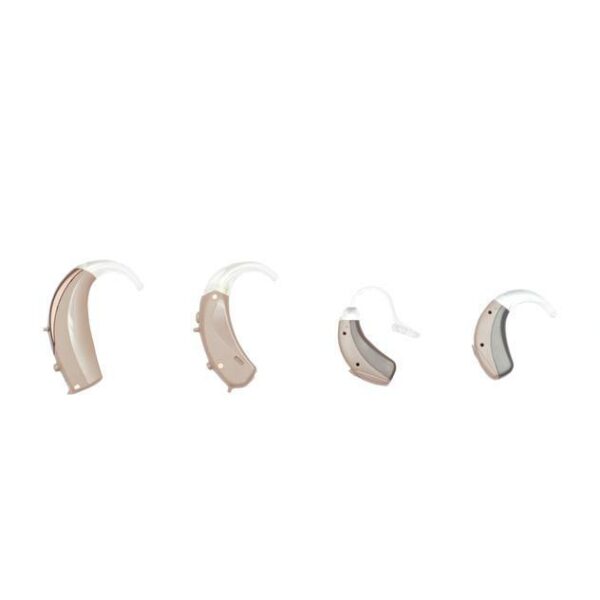
Compare Hearing Aids Smartly
Hearing aids are designed to serve a basic purpose of helping people with hearing impairments and enable them to listen to sounds just like normal people. This is applicable for both people who were born with certain hearing impairments and people who have lost the ability to hear very recently. When the receptors in the ear canal which pick up sounds and help transmit to the brain become damaged or worn out, it then results in a hearing impairment. Over the years, hearing aids have evolved in shapes, sizes, uses, make, and models spread across a number of brands which have established a name for themselves in the market. But choosing from the best brands available for comparison is just one part, there are several types of hearing aids which makes the task a lot harder. Digital hearing aids: The simple concept of sound amplification is enhanced with digital hearing aids by turning sounds into digital signals to provide a much better output, which almost sounds natural to the listener. Digital aids boast a number of innovative technologies from speech recognition, noise reduction, feedback reduction, and more. Programmable hearing aids: The biggest advantage of programmable hearing aids are that they can switch between different environments, to adapt and provide the best possible sound amplification.









